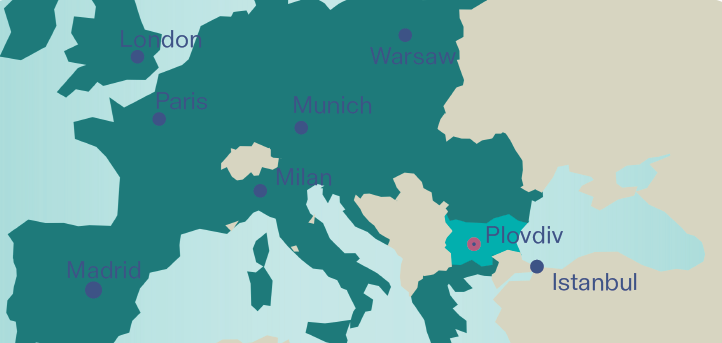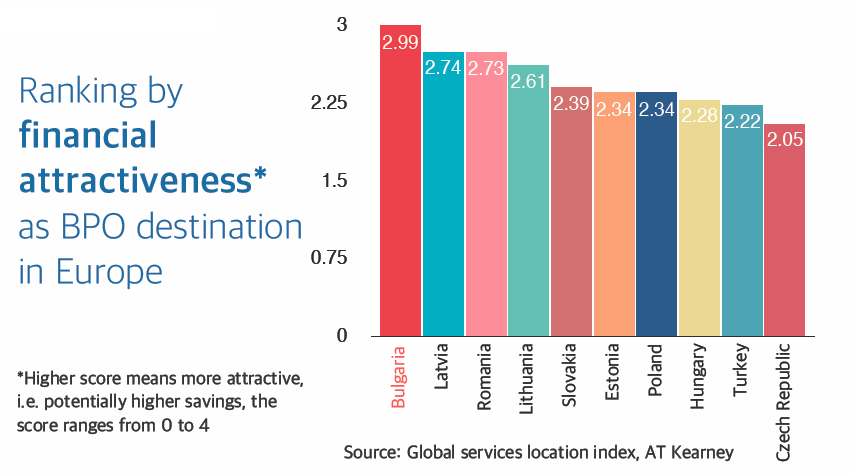Bulgaria went through deep political and economic change since 1989. The legacy of totalitarian regime with an inefficient centrally planned economy required bold institutional and structural reforms. A new constitution was adopted in 1991, while several governments struggled with creating an entirely new legislation to clear the path for privatization, private enterprise, foreign trade and investment, commercial banking. At the same time, efforts were directed to establish guarantees for the protection of basic human rights, freedom of the press, independent judiciary, etc.
In 1997 a broad consensus over the cornerstones of economic policy was achieved and it continues to dominate reforms at present. These include, among others, the following:
- Establishment of a currency board – a fixed exchange rate regime under which the Central Bank cannot finance the government or the commercial banks. Bulgaria will keep the fixed rate until the adoption of the Euro which is part of its EU accession agreement.
- Prudential banking sector regulation which provides strong incentives for banks to do business with caution and to avoid risk taking. As a result, the financial system is stable, with diverse ownership, with not a single bank troubled after the 2008 financial crisis.
- All governments ever since maintained a conservative fiscal policy, with low deficits or even surpluses. The public debt went down from over 100% of
- GDP to about 29% at present. Bulgaria maintained a long-term strategy for gradual reduction of tax rates on labour and business income to spur saving, investment and entrepreneurship. The country now has the lowest corporate and personal income tax rates in the EU.
Bulgaria is a quite open economy, with its trade in goods exceeding its GDP. It now has deep trade links with the EU markets. Exports are diversified, and include the fast growing auto parts, machinery and pharmaceutical sectors. Business services exports also expanded substantially during the last decade.
Bulgaria is among the most attractive outsourcing destinations not only in
Europe, but also in the world.
Between 2005 and 2009 Bulgaria was the best place for outsourcing in Europe according to the Global Services Location Index. In 2005 Bulgaria was 15th in the world, in 2007 – 9th and in 2009 – 13th. In 2011, Bulgaria ranked 5th in Europe and 17th in the world. During the past 9 years Bulgaria has been the number one outsourcing destination in Southeast Europe.


Bulgaria is also the most financially attractive outsourcing destination in Europe, well ahead of its competitors in the BPO/SSC sector in Central and Eastern Europe. BPO companies which choose Bulgaria as outsourcing destination realize the highest savings and incur the lowest operating costs in the entire EU. The AT Kearney financial attractiveness index for Bulgaria have risen even further recently from 2.82 to 2.99.
